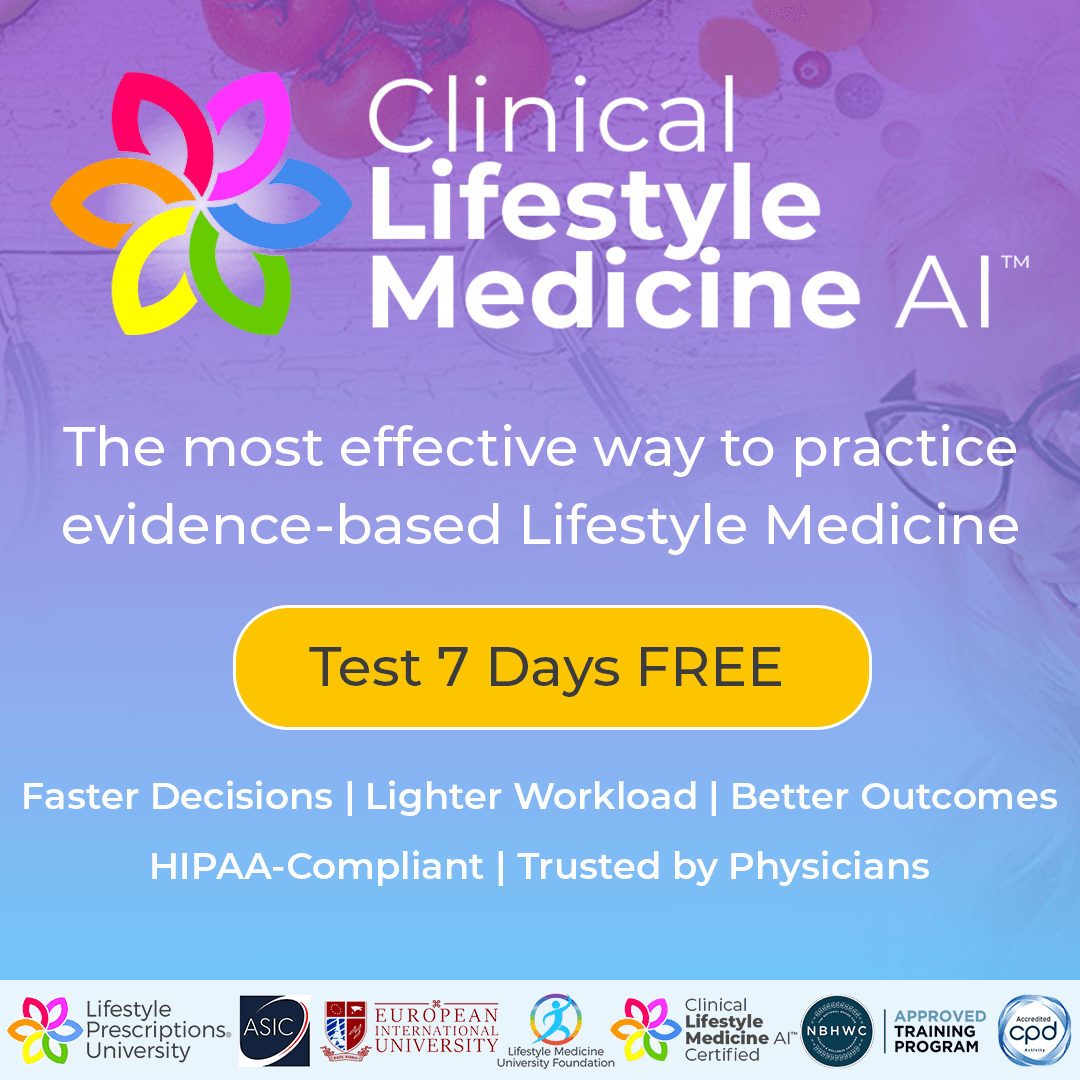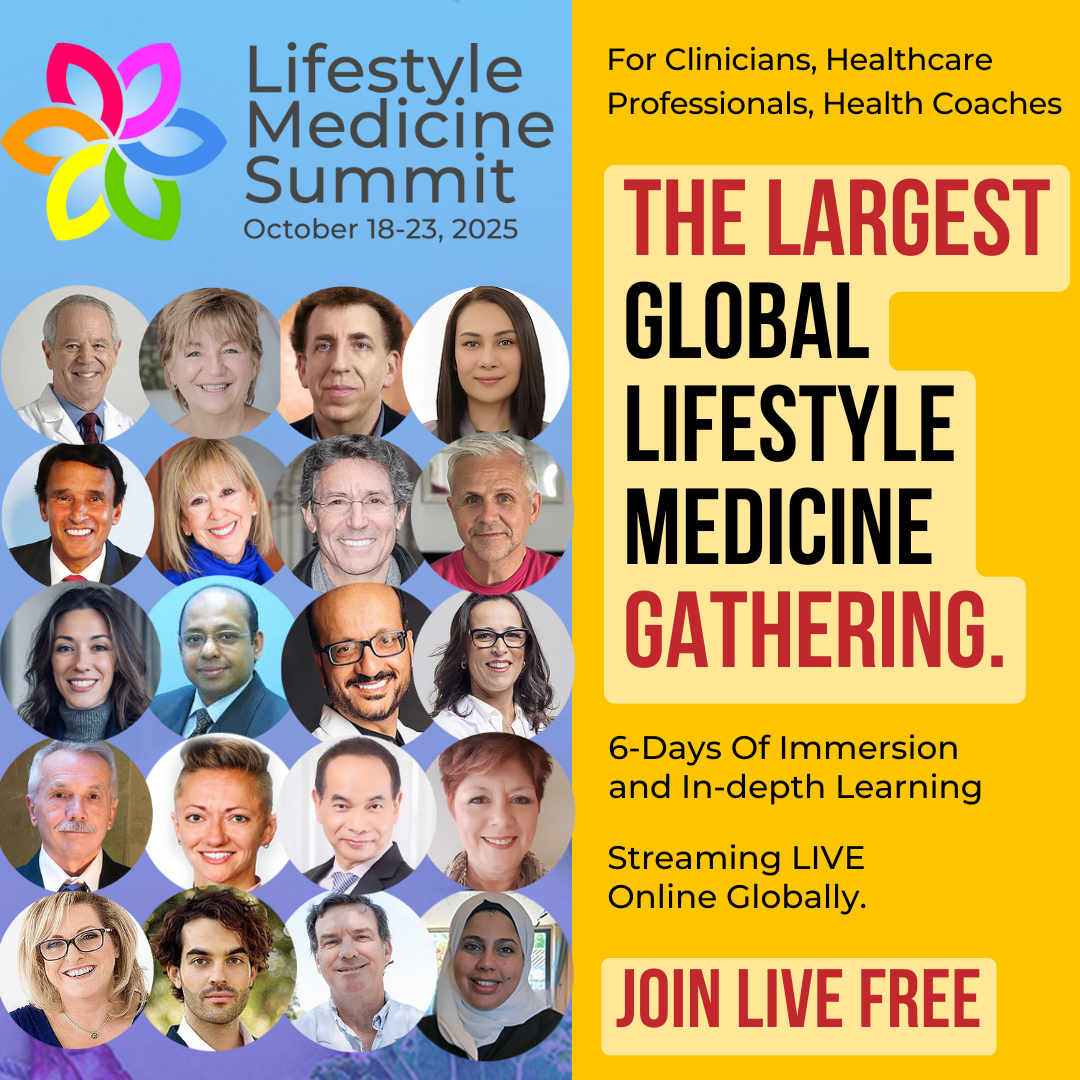The Ultimate Guide to Managing Diabetes Without Medication
Managing diabetes without medication is possible through lifestyle adjustments and healthy habits. A well-balanced approach focusing on nutrition, physical activity, and stress management can help regulate blood sugar levels naturally. Here’s your ultimate guide to maintaining optimal health without relying on medication.

Diet: Your Foundation for Success
Embrace a Low-Carbohydrate Diet: This is arguably the most impactful change you can make. Reducing your carbohydrate intake, especially refined carbs like white bread, pasta, and sugary drinks, stabilizes blood sugar levels
.Focus on non-starchy vegetables: Load up on leafy greens, broccoli, cauliflower, peppers, and other colorful veggies.
Prioritize healthy fats: Include avocados, olive oil, nuts, and seeds in moderation.
Choose lean protein sources: Opt for chicken, fish, tofu, and legumes.
Portion Control: Being mindful of portion sizes is crucial, regardless of what you eat. Use smaller plates and measure your servings.
Glycemic Index (GI) and Glycemic Load (GL): Understanding these concepts can help you make informed food choices. Choose foods with a low GI and GL to minimize blood sugar spikes.
Hydration is Key: Drink plenty of water throughout the day. Water helps your kidneys flush out excess glucose. Avoid sugary beverages.
Meal Timing and Frequency: Some find that eating smaller, more frequent meals throughout the day can help stabilize blood sugar compared to larger, less frequent meals. Experiment and see what works best for you.
Consider Intermittent Fasting (IF): IF, under the guidance of your doctor, can be a powerful tool to improve insulin sensitivity and blood sugar control.

Stress Management: Calm Your Mind, Control Your Blood Sugar
Chronic Stress and Blood Sugar: Stress hormones can raise blood sugar levels, making diabetes management more challenging.
Stress-Reducing Techniques: Practice relaxation techniques like meditation, yoga, deep breathing exercises, or spending time in nature.
Prioritize Sleep: Aim for 7-8 hours of quality sleep each night. Sleep deprivation can worsen insulin resistance and increase stress hormones.
Mindfulness Practices: Incorporate mindfulness into your daily routine. This can help you become more aware of your thoughts, feelings, and bodily sensations, allowing you to better manage stress.

Monitoring Your Blood Sugar: Know Your Numbers
Regular Blood Sugar Testing: Monitor your blood sugar levels regularly using a glucometer. This will help you understand how different foods, activities, and stressors affect your blood sugar.
Track Your Results: Keep a log of your blood sugar readings and share them with your doctor. This will help them assess your progress and make any necessary adjustments to your treatment plan.
Understand Your Target Range: Work with your doctor to determine your target blood sugar range and strive to maintain your levels within that range.

Conclusion:
Managing diabetes without medication is possible with dedication, knowledge, and the support of your healthcare team. By embracing a healthy lifestyle, including a balanced diet, regular exercise, stress management, and diligent blood sugar monitoring, you can empower yourself to live a healthier, more fulfilling life. Remember, consistency and patience are key. Start small, make gradual changes, and celebrate your progress along the way. You've got this!
© 2015-2026 Lifestyle Prescriptions® University. The terms Lifestyle Prescriptions®, Organ-Mind-Brain Anatomy™, and Root-Cause Health Coaching™ are worldwide trademarks of the Lifestyle Prescriptions® University and can only be used after completing qualifying training programs. Lifestyle Medicine WORKS™, Lifestyle Medicine Summit, HealthiWealthi™ are trademarks of Lifestyle Medicine University Foundation.
* This website and all LPU training programs are for educational purposes only. No medical diagnosis, therapy, or treatment is provided.





